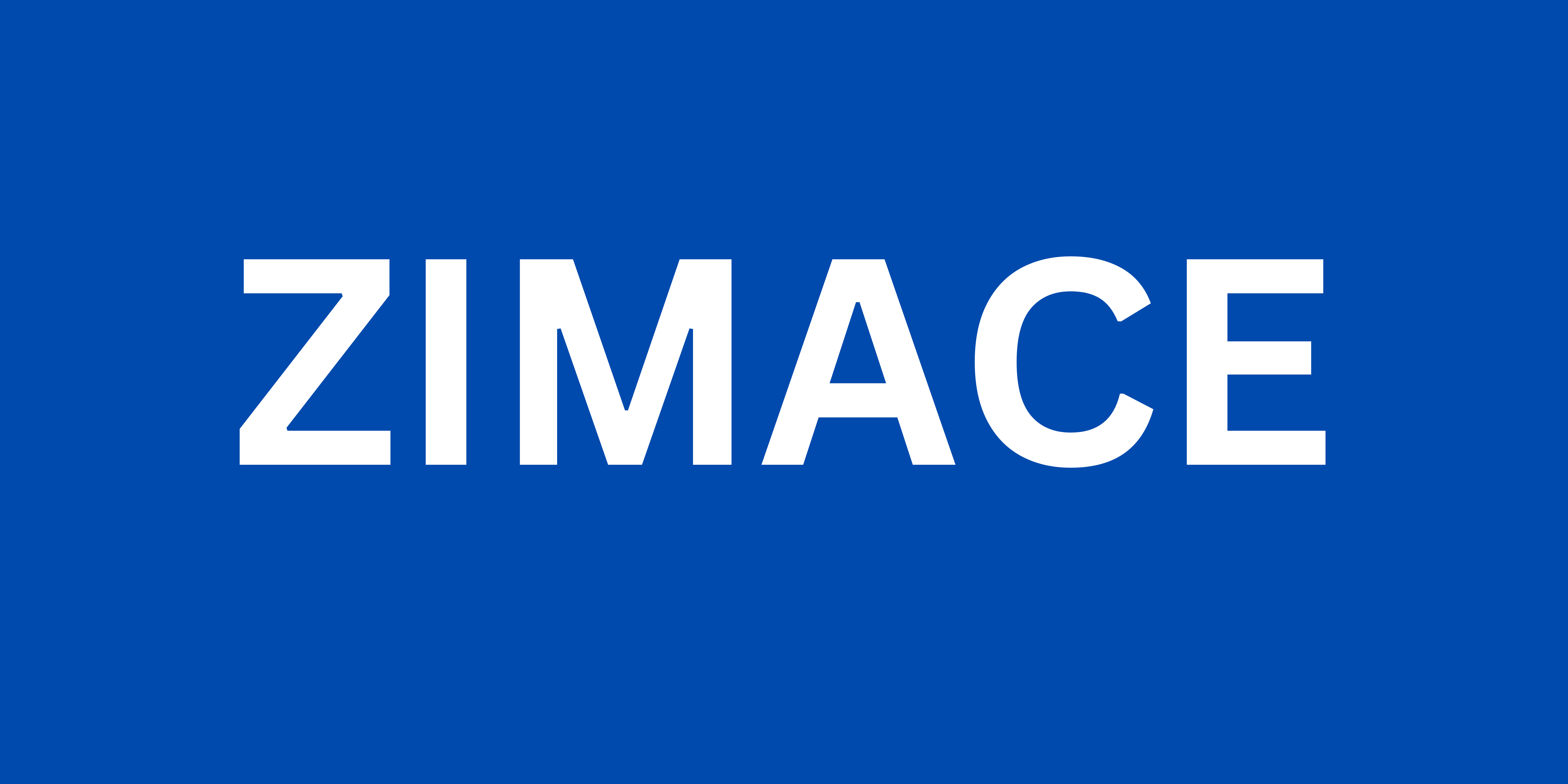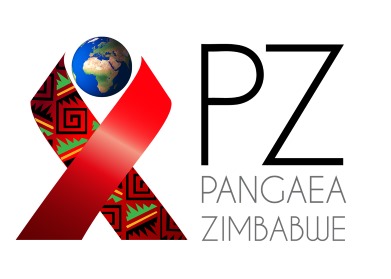
Project Overview
The Zimbabwe Accountability and Citizen Engagement Programme (ZIMACE) project, titled “Strengthening Voices, Ensuring Accountability, and Improving Access to Health Rights and Quality Services for Women and Girls,” aims to enhance access to health rights and services for women and girls in their diversity while strengthening their voice and agency. The Pangaea Zimbabwe ZIMACE project team will collaborate closely with Health Centre Committees at the local level, the District Health Executive, other health-focused NGOs and partners at the district level, and the Provincial Health Executive and other provincial partners involved in supporting health programs. The project addresses immediate health access and rights challenges while contributing to broader national, regional, and international health agendas aimed at achieving equitable access to healthcare and improving health outcomes for all.
Objectives
- Enhance community engagement, women’s rights awareness, and trust-building.
- Increase the voice and participation of women and girls in health delivery issues.
- Foster multi-stakeholder engagement on health service delivery and rights realization for women and girls in Masvingo.
- Increase accountability in service delivery for women and girls, including those with disabilities and key populations, to improve service quality and the range of services available locally.
- Increase local and national advocacy on health financing and resource allocation.



Scope of work
The project targets women and girls in Masvingo district, both urban and rural. It will work with four urban clinics and 13 rural clinics.
The proposed intervention will be implemented in Masvingo district covering the provincial level and district with linkages between local communities, district, and provincial levels. The will leverage on CLM and COMAPSS partners in Masvingo.
Community Led Monitoring:
Community-Led Monitoring (CLM) model is a participatory approach to monitoring and evaluating HIV/AIDS and health programs at the community level. It empowers communities to take ownership of their health programs by actively engaging in the monitoring process and providing feedback on the effectiveness and impact of interventions. The CLM model is designed to promote community ownership, participation, and accountability in HIV/AIDS programs, ultimately leading to more effective and sustainable interventions that address the needs of those affected by the epidemic. CLM initially focused on HIV/AIDS treatment but now has expanded to include broader health delivery issues. CLM empower patients and communities to seek out treatment services, increase health literacy, expand engagement with health service delivery, support demand creation, and demand accountability from the health system to improve and deliver these services. Women and girls are important and integral part of CLM as they make the significant portion of patients through their observed health seeking behaviours
Expected Outcomes
- Enhanced participation, voice, and agency of women and girls, including those with disabilities and key populations, in health-related matters, leading to reduced waiting periods at project health facilities and improved client experiences.
- Collaborative and functional multi-level, multi-stakeholder platforms that bridge the gap between service providers and citizens (women and girls) to enhance responsiveness and accountability in health service delivery.
- Improved service quality at local health centers through increased social accountability.
